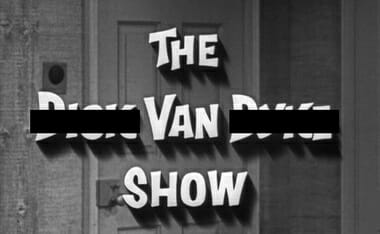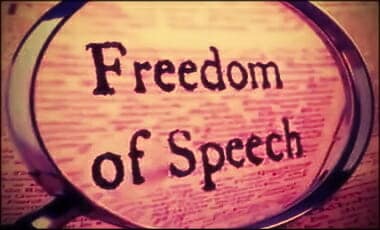Tulsi Gabbard uploaded a clip of her responding to Sean Hannity’s question regarding the newly created Department of Homeland Security’s “Ministry of Truth”. Her original clip can be found on her RUMBLE channel here.
- MAYORKAS: We have just established a mis-and-disinformation governance board in the Department of Homeland Security to more effectively combat this threat, not only to election security, but to our homeland security.
A wonderful [warning] TUCKER CARLSON TONIGHT commentary:
DAILY MAIL has a good end to their article:
- REVEALED: Biden’s new disinformation czar shared misleading tweets about Covid masks, claimed Trump presidency would ’embolden ISIS’ and praised British spy behind the debunked Russian dossier- but she STILL hasn’t apologized
….Musk, who is now the owner of the platform, has said that his aim is to make it a more open ‘digital town square.’
‘Free speech is the bedrock of a functioning democracy, and Twitter is the digital town square where matters vital to the future of humanity are debated,’ Musk wrote in a statement upon the purchase approval.
In an interview with NPR prior to her appointment as disinformation czar, Jankowicz expressed her concerns about that, saying: ‘I shudder to think about if free speech absolutists were taking over more platforms, what that would look like for the marginalized communities.’
She said these groups are ‘already shouldering… disproportionate amounts of this abuse’ and said free speech and lack of censoring on social media would make it worse.
Musk has now called the creation of Biden’s new ‘disinformation’ board ‘discomforting.’
He was responding to a tweet from conservative political commentator, comedian and media personality Steven Crowder.
‘The government is creating a misinformation governance board,’ Crowder tweeted on Thursday.
‘Who else did something like that?’ he continued. ‘Oh I remember, the Nazi’s. And there’s some data showing some interesting things going on post- @elonmusk’s Twitter takeover!’
Several other conservatives have also spoken out against the new disinformation board, with Republican Senator Josh Hawley demanding that the White House ‘dissolve’ it, claiming that it would only ‘monitor Americans’ free speech’.
‘I write with deep concern about the Department of Homeland Security’s decision to create a new Disinformation Governance Board,’ he penned in a letter to DHS Secretary Alejandro Mayorkas.
‘I confess I at first thought this announcement was satire,’ he continued. ‘Surely no American Administration would ever use the power of Government to sit in judgment on the First Amendment speech of its own citizens.’
‘Sadly, I was mistaken.’
He then demanded that DHS provide more information on this new board, including how it will function and be monitored.
Hawley also questioned why the announcement was made just following billionaire Elon Musk’s acquisition of Twitter.
Biden rolls out his “Disinformation Board” with Hunter denier as its leader. 1984 is here. The Ministry of Truth is out to criminalize your thoughts. Paul Joseph Watson reports. Great commentary, but I had to remove the “Info Wars” shite! While I like their rants (Paul Watson, Mark Dice, and others) and these commentaries hold much truth in them, I do wish to caution you… he is part of Info Wars/Prison Planet and Summit News network of yahoos, a crazy conspiracy arm of Alex Jones shite. Also, I bet if I talked to him he would reveal some pretty-crazy conspiratorial beliefs that would naturally undermine and be at-odds-with some of his rants. Just to be clear, I do not endorse these people or orgs.
Dr. Drew ~ “Centralization”
(Medicine and Censorship)
A bit long, but worth a listen. But the key point is that when entities are “centrlized,” widespread abuse of the “stated goals” tends to follow — that is, helping humanity is distorted to impossible realms.
- “One thing our Founding Fathers could not foresee…was a nation governed by professional politicians who had a vested interest in getting reelected. They probably envisioned a fellow serving a couple of hitches and then looking…forward to getting back to the farm.” — Ronald Reagan
- The most terrifying words in the English language are: I’m from the government and I’m here to help. — Ronald Reagan
- “Of all tyrannies, a tyranny exercised for the good of its victims may be the most oppressive. It may be better to live under robber barons than under omnipotent moral busybodies. The robber baron’s cruelty may sometimes sleep, his cupidity may at some point be satiated; but those who torment us for our own good will torment us without end for they do so with the approval of their own conscience.” — C.S. Lewis, God in the Dock.
Despite his vocal support of vaccines and science, this week YouTube deleted Dr. Drew’s #2 most-viewed show, put another strike on his channel & locked it for a week. Should “Big Tech” have the power to censor debates between doctors… and how can social platform moderators correctly identify “medical misinformation” unless they are doctors themselves?











